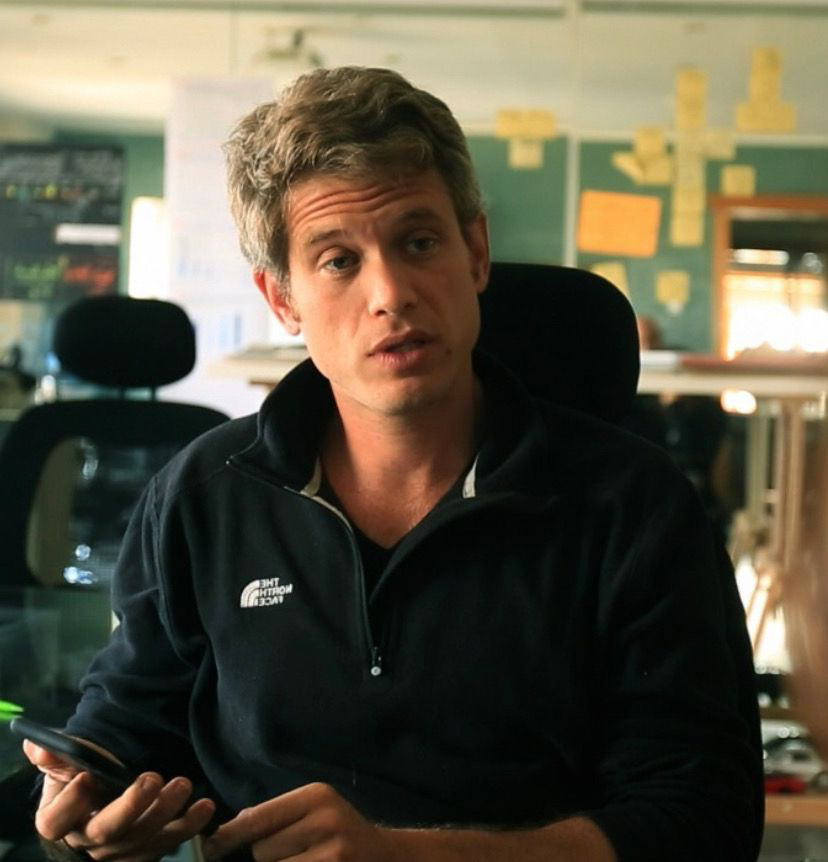Kashat
Karim Nour
Kashat: A lending hand in a time of need

Meet the people behind the big ideas
Picture this: A taxi driver standing at the local traffic department to renew his vehicle license. He has EGP 800 in his pocket, expecting his traffic violations won’t cost more. But when his turn in the seemingly endless queue finally comes, he realizes he has to pay EGP 1,200. He’s EGP 400 short.
The taxi driver’s story is not an exception, but rather the norm. Everyday Egyptians find themselves unable to smoothly and instantly access short-term financing. These could include school fees, one-time expenses for households, or even something as simple as EGP 400 for traffic violations.
Stuck in a bind, the taxi driver downloads a lending app on his phone, goes through a 7-minute process, and instantly gets granted the EGP 400 he’s been missing. No wet signature. No long queues to talk to customer service agents. No explanation as to why he needs the money right now. Just a few clicks, and he is liquid enough to pay off his dues, and he gets up to two months to pay it back. And he goes about his business.
That quick fix wasn’t within reach for everyday Egyptians before the birth of fintech outfit Kashat. The Egyptian nano lending app has given out over 120,000 loans of up to EGP 2,000 each in less than three years, Co-Founder Karim Nour says.
Karim had spent 17 years institutionalizing Egypt’s largest communications conglomerate Tarek Nour Holdings, which specializes in media, advertising, and communications. Throughout that journey, he got to see first-hand how the incumbent banking system works and realized that there was a massive opportunity in products that drove financial inclusion. “I ran a five-year project with the Central Bank of Egypt to make everyday Egyptians understand what financial inclusion should mean to them, but I quickly noticed that there weren’t enough products there to serve them at large,” he explains. Many of the products that existed were either still in the development stage or they weren’t scalable.
So in 2020, Karim and Elwy Taymour, chairman of financial service firm Pharos Holding, decided to fix that problem. They embarked on a journey of turning financial inclusion into the most basic unit of financial service – lending – but without the strings that come with asking family, friends or loan sharks for money.
And thus, Kashat was born. Now, everyday Egyptians can obtain nano loans of up to EGP 2,000 at the touch of a button. And when they pay back on time, they obtain a higher credit limit at a lower rate the next time around. This means instant credit to the unbanked, unlocking not only ever-growing financing options, but opportunities of social mobility, and opening the door wide for financial inclusion. “The app opens the door to millions, literally instantly, who previously had no access to sources of financing,” Senior Investment Associate at Acasia Ventures Mohamed Hussain says.
“The friend you need during hard times” – that’s how a loyal customer chose to describe Kashat. “When I ask someone to lend me some money, they may not always have it at hand or they would expect me to return within 15 days,” another one explains. But with Kashat, these hurdles vanish, leaving room for everyday Egyptians to keep up with their everyday financial obligations.
The company has come a long way in the past three years. “Since our launch in 2020, we’ve been asked for a loan over 500,000 times and we’ve given out over 120,000 loans with a team of 45 people,” Karim recounts. On a primetime day in August 2022, the company gave out 600 loans, based on demand, without any human interaction.
And it is just the beginning. Kashat’s risk assessment tech engine collects data over the customer’s smartphone, including personal identification info and selfies, vetting the debtor before approving the loan. This allows the process to be largely automated. The same engine can be used not just for lending, but many other sectors as well, such as insurance. “Banking is going to look more like pushing buttons on phones, instead of pushing money over counters, given Egypt’s digital banking play. So, having that heavy, big data driven engine to make better decisions is right on point,” Karim concludes.